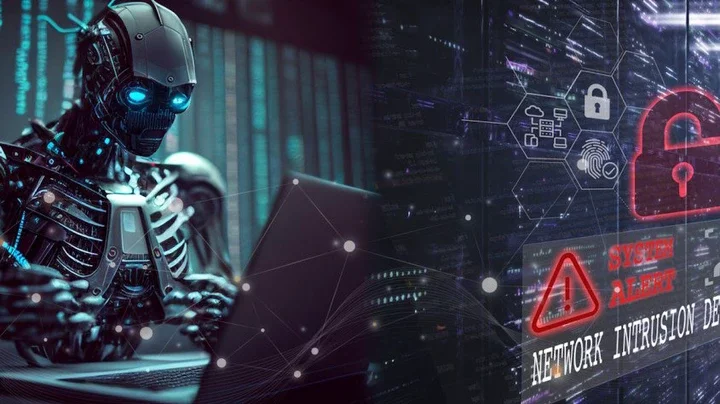
Artificial intelligence (AI) is used in many industries to make tasks easier and faster. However, it can't replace human intelligence and creativity. Many companies use AI for its benefits, particularly in some jobs that require critical thinking, such as perception, judgment, and observation.
Below are some professional roles that AI can't replace:
1. Healthcare Workers
Doctors, nurses, and surgeons always interact with their patients. They constantly check and speak with patients to make informed decisions about their progress. AI can assist with tasks, but it cannot replicate the human connection that healthcare practitioners provide.
2. Teachers
Teaching is another professional job that AI can't replace. Although AI is now useful in education, it cannot overrule the importance of teachers. Teachers understand their students' personalities, whether they are slow or fast learners, and provide feedback to ensure understanding. AI, being programmed, lacks this capability. Teachers have the power and responsibility to nurture students and instill values, making them crucial in fostering academic performance.
3. Creative Professionals
The creative industry thrives on originality and human wit. AI cannot replace musicians, actors, content creators, dancers, and others in this field. AI lacks personal experience and the ability to improvise, which are essential for showcasing unique artistic skills. Creativity requires a natural expression that only humans can provide.
4. Politicians
Machines cannot lead or govern a country. Human leaders are necessary to rule ourselves, provide solutions, and be accountable to the people. Robots cannot contest elections, address people's concerns, or converse in a language they understand. Politics is a profession that can never be replaced by AI.
5. Scientists
Scientists conduct experiments and analyse results to draw conclusions. While AI can process data, it cannot replace the innovative ideas and critical thinking that drive scientific experimentation. Human intelligence continues to propel scientific research forward, something machines can't do.

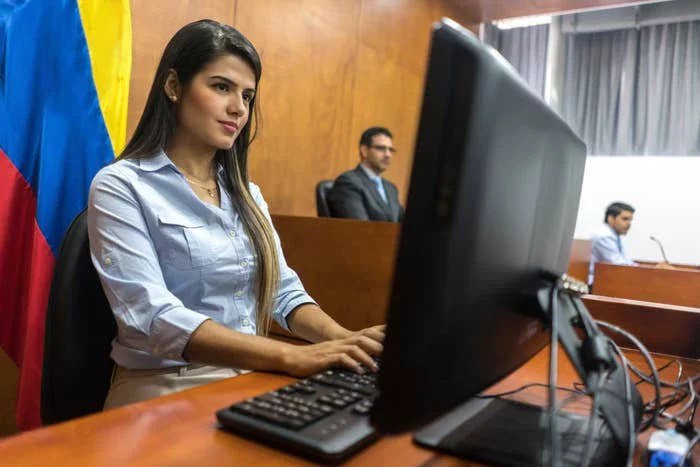


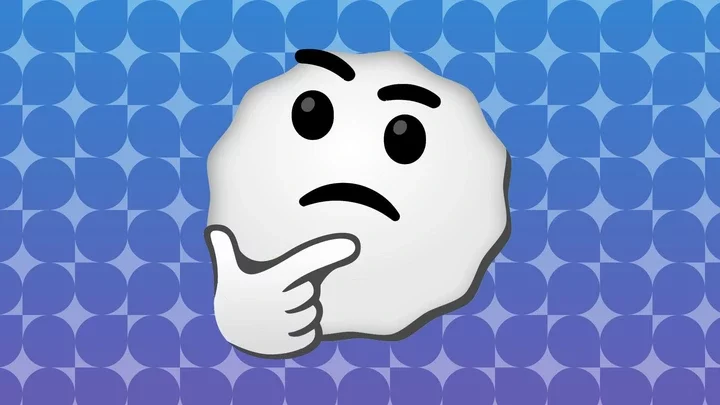
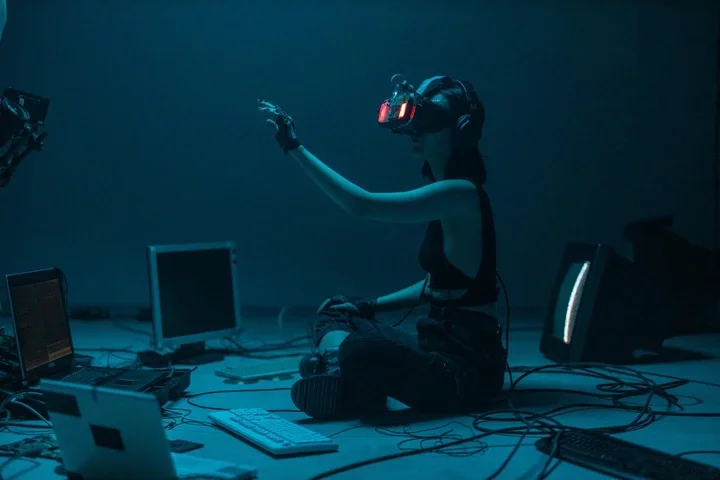
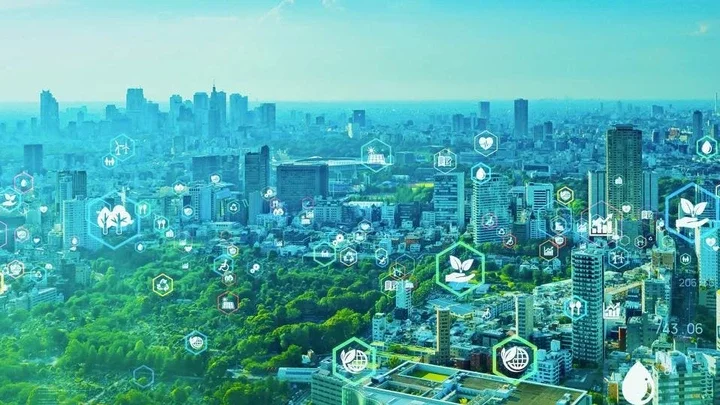






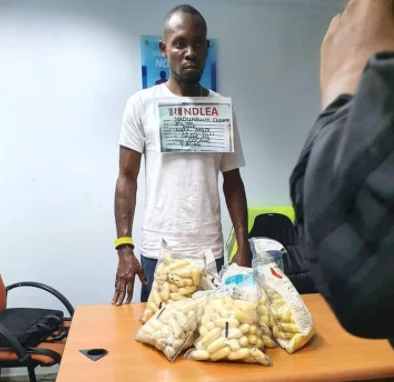


Comments